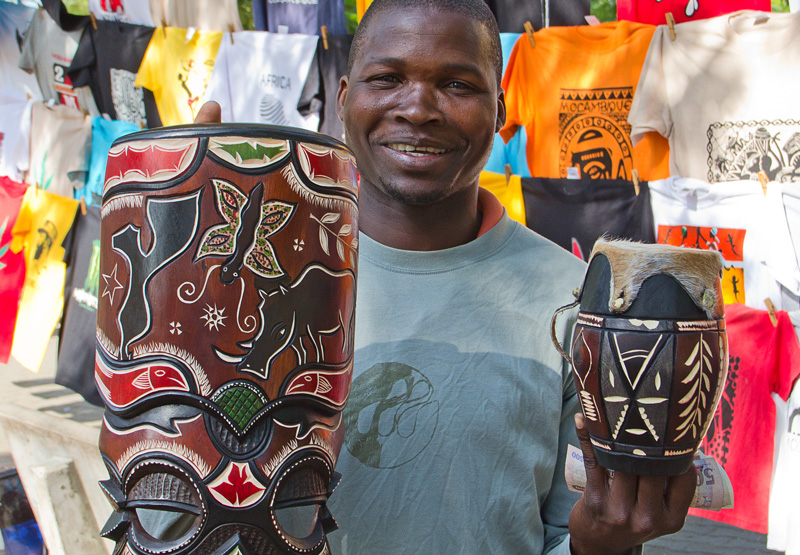
Practical Tools for Measuring System Health
- Partner: Leveraging Economic Opportunities (LEO)
- Publication Type: Report
- Date: August 2016
This brief paper describes an effort to build a set of basic and easily used tools for monitoring system dynamics, or system health. The term, “system dynamics,” refers to the way actors, or agents, within a system act and relate to one another. It includes flows between agents as well as the norms that govern the way groups of agents in a system make seemingly independent decisions.
Read More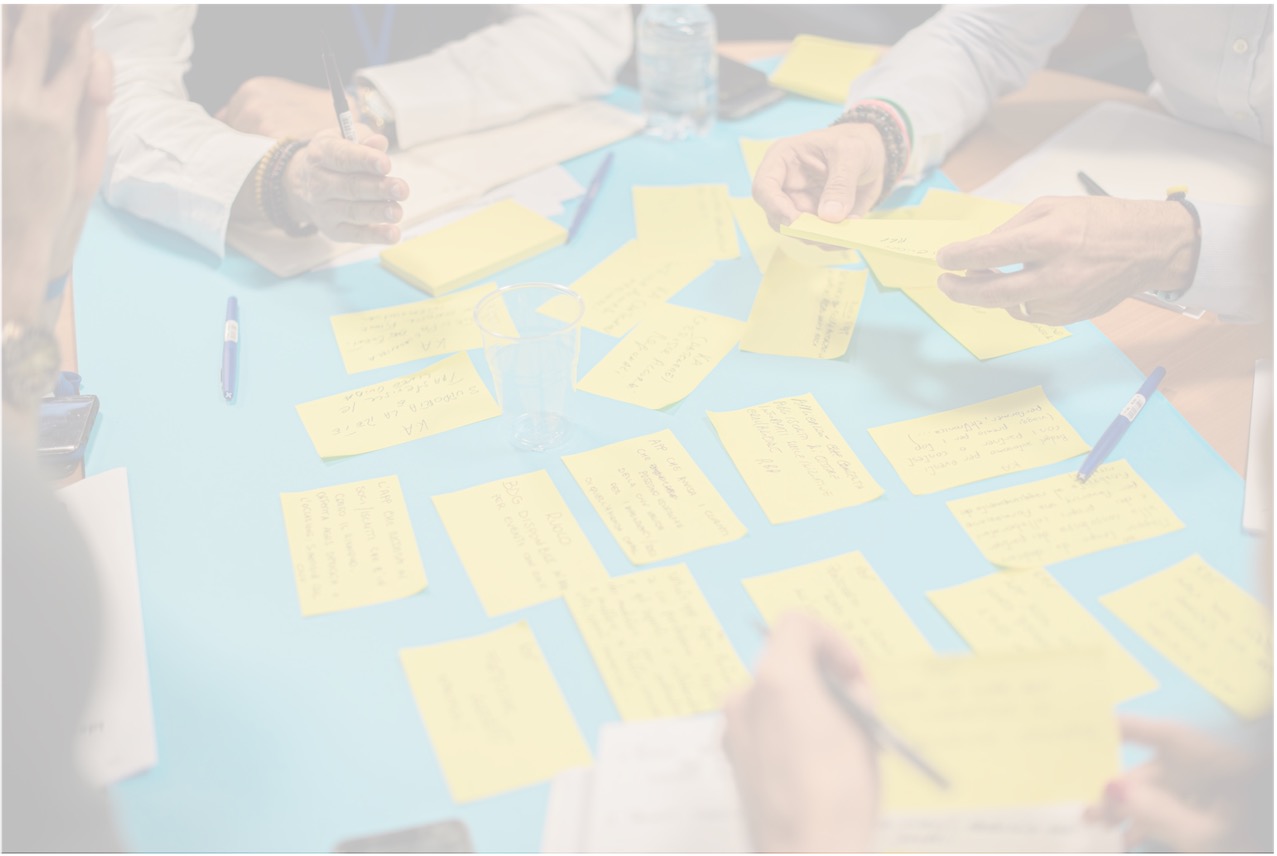
Getting There from Here: Knowledge, Leadership, Culture, and Rules Toward Adaptive Management in Market Systems Programmes
- Partner: BEAM Exchange
- Publication Type: Report
- Date: July 2016
This study examines the incentives and constraints to adaptive programming across the donor-implementer relationship – and how the behaviour that results influences market systems programming. Based on research and interviews with over 60 experts across a range of donor and implementer organisations, four ‘baskets’ of issues emerged: knowledge, leadership, culture, and procurement and contract features.
Read More
The Social Norms Factor: How Gendered Social Norms Influence How We Empower Women in Market Systems Development
- Partner: BEAM Exchange
- Publication Type: Report
- Date: July 2016
This paper explores how social norms influence women’s economic empowerment in market systems development, and what practical lessons might be learned. It documents how gendered social norms are currently understood in academic research, then attempts to present the current state of practice for market systems programmes via two in-depth cases, and seven mini-cases.
Read More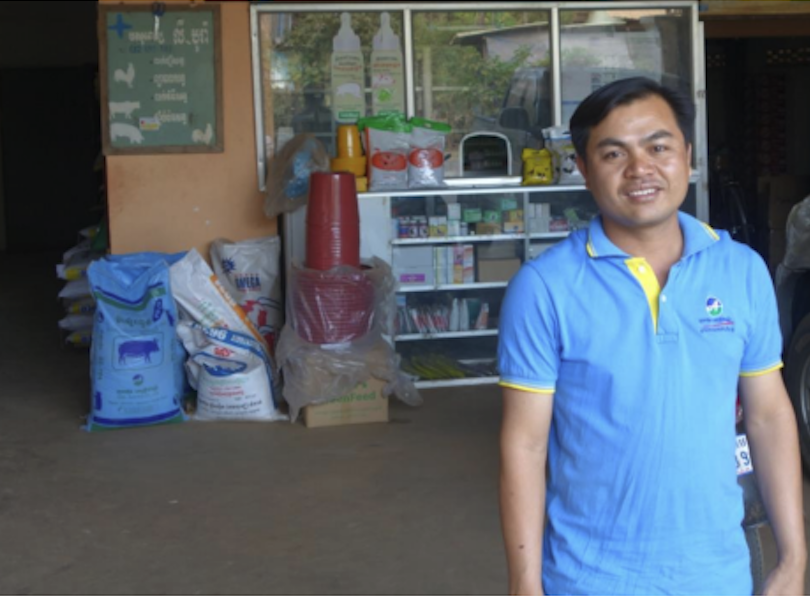
Scaling Impact: Cambodia MSME Ex-Post Assessment
- Partner: Leveraging Economic Opportunities (LEO), United States Agency for International Development (USAID)
- Publication Type: Report
- Date: 2016
Over the course of the Leveraging Economic Opportunities (LEO) activity, MSA discovered that there had been very analysis of the durability of the results created by market systems development initiatives following their completion. Consequently, MSA conducted this ex-post assessment of the USAID/Cambodia Micro, Small and Medium Enterprise (MSME) project's work in the swine sector five years following its closure. MSME promoted the use by the private sector of an embedded training model, in which companies would provide technical information on input selection and application at no direct charge to swine farmers in order to increase input sales. MSA’s research found that the embedded training model has endured and indeed expanded since the end of the project, being used to varying extents by the majority of the firms in the sector, indicating that it has become an industry norm.
Read More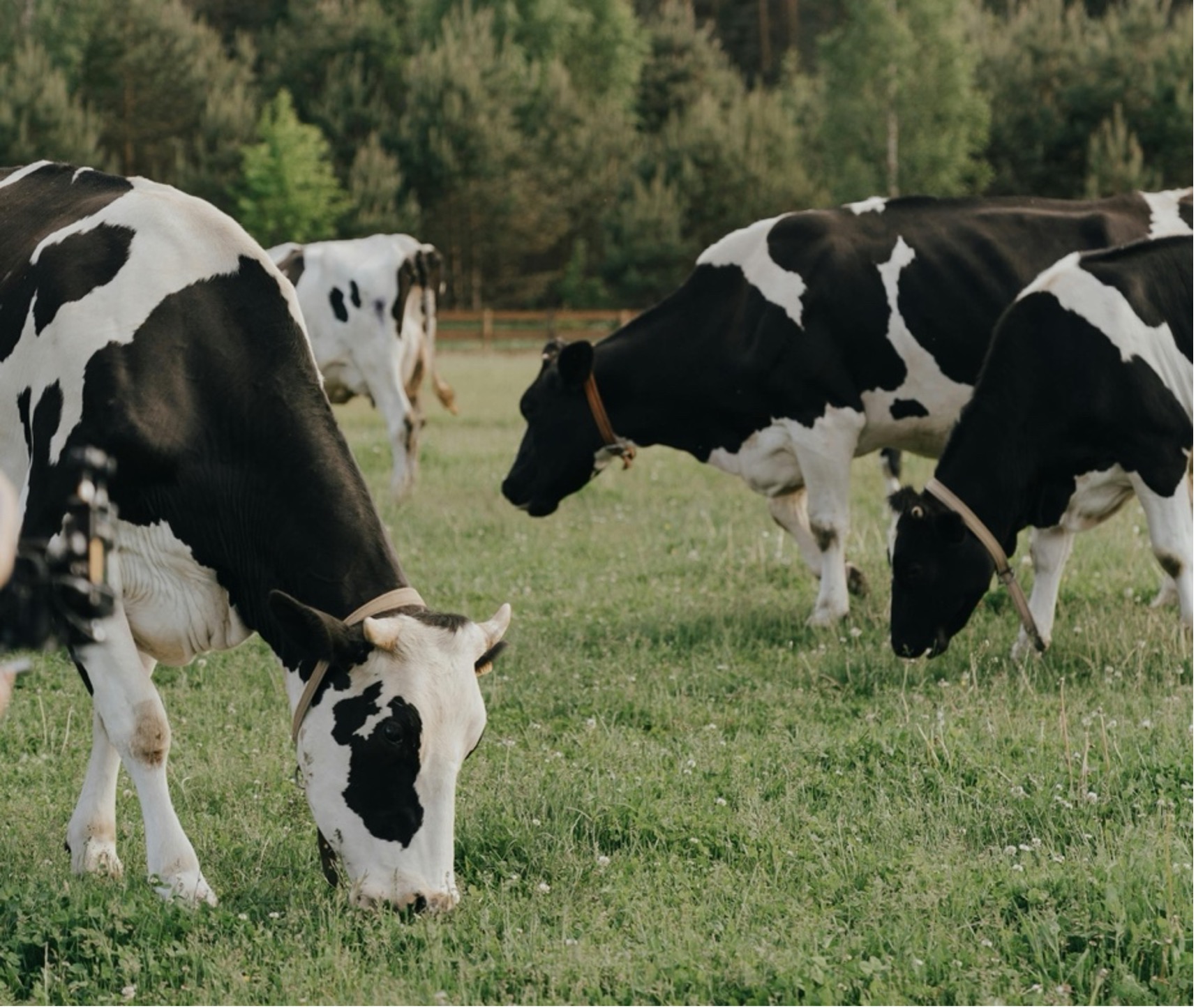
Testing Tools for Assessing Systemic Change: Outcome Harvesting – The ALCP Project in the Georgian Dairy Industry
- Partner: Leveraging Economic Opportunities (LEO), United States Agency for International Development (USAID)
- Publication Type: Report
- Date: 2016
This paper summarizes MSA’s test of the outcome harvesting approach as a tool to measure systemic change. In May and June 2016, MSA applied outcome harvesting to the Alliances Lesser Caucasus Programme (ALCP)’s work in the dairy industry in Georgia. In so doing, MSA adapted the tool to be sensitive to identifying systemic change outcomes. Instead of focusing on systemic changes within the market system, this application innovatively looked at systemic changes in the geographic areas where ALCP operated and hence identified a much broader set of systemic changes.
Read More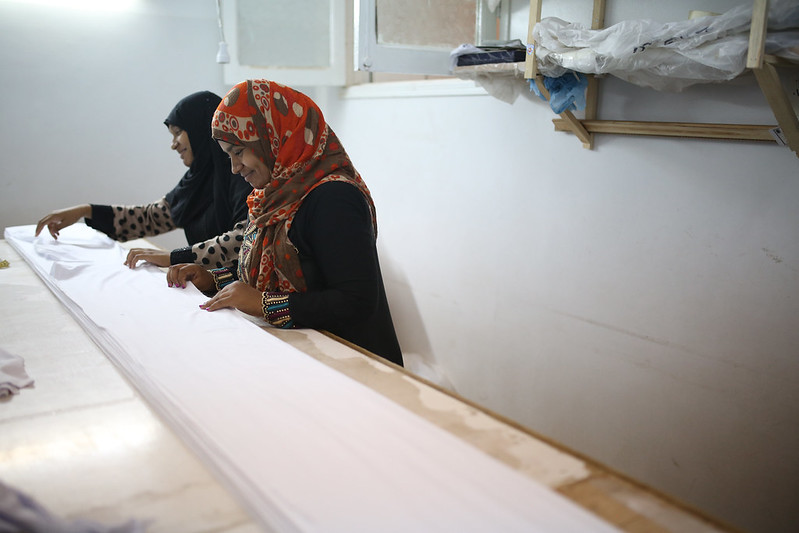
Policy brief for donors and decision makers when designing and measuring the results of gender-responsive PSD programs: Key lessons and recommendations drawn from a pilot study of BMZfunded, GIZ-implemented interventions
- Partner: Donor Committee for Enterprise Development (DCED)
- Publication Type: Brief
- Date: 2016
This brief presents policy recommendations based on findings from a pilot study conducted by Marketshare Associates in Egypt and Morocco on the household level results of GIZ implemented, BMZ-funded private sector development (PSD) programs. The study design integrates innovative qualitative household level monitoring tools to develop a more complete picture of if, how and why interventions result in empowerment.
Read More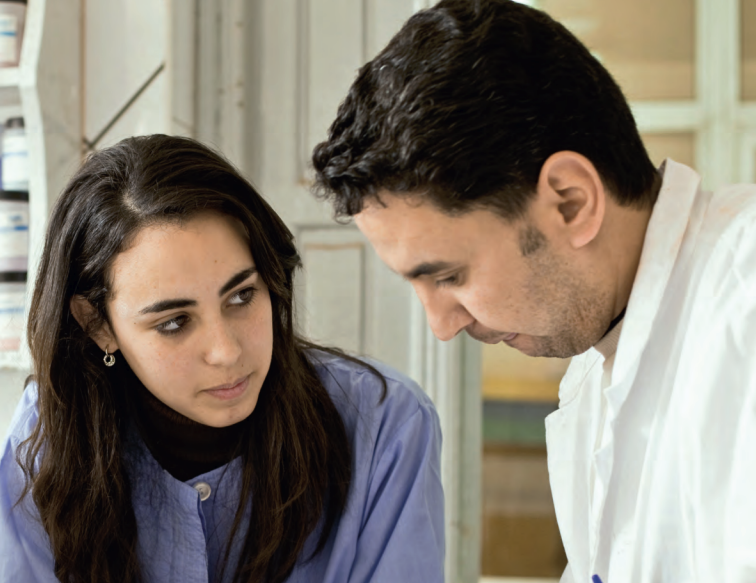
Women’s Economic Empowerment in the MENA Region: Rapid Assessment of Household Level Results
- Partner: GIZ (Deutsche Gesellschaft für internationale Zusammenarbeit)
- Publication Type: Report
- Date: March 2016
This report presents findings from a pilot study using a qualitative Rapid Assessment tool designed to integrate household-level indicators of WEE into results measurement systems. It synthesizes findings from interviews conducted with women beneficiaries in Egypt and Morocco, and provides a preliminary understanding of household-level results of BMZ-funded women’s economic empowerment activities.
Read More
Reconsidering the Concept of Scale in Market Systems Development
- Partner: ACDI/VOCA
- Publication Type: Report
- Date: January 2016
Economic development programs are increasingly taking a systems approach. This paper suggests that the shift to a systemic perspective calls into question the utility of using scale as a key measure of project success, at least in its current usage. While understanding a project’s outreach still has a place, it has been traditionally overused as the primary means of assessing a project’s impact; a use which creates perverse incentives for projects trying to take a systemic approach.
Read More
Promoting Women’s Economic Empowerment Beyond Production in Market Systems Programs
- Partner: Leveraging Economic Opportunities (LEO)
- Publication Type: Brief
- Date: 2016
This brief examines how and why practitioners are achieving women's economic empowerment (WEE) outcomes through interventions that seek to promote and empower women in agricultural roles beyond production. More specifically, this brief presents a survey of promising strategies and recommendations for further investigation.
Read More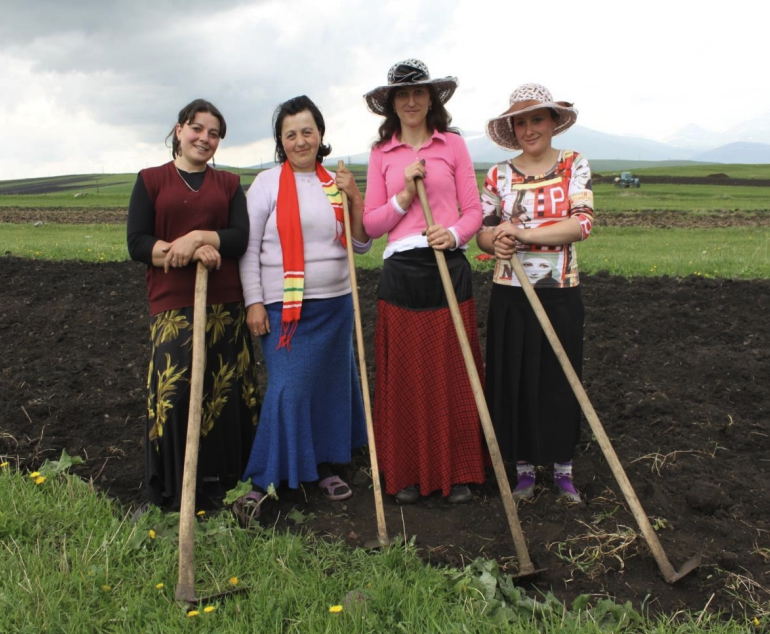
Measuring Women’s Economic Empowerment in Market Systems
- Partner: The SEEP Network, UN Women, and Leveraging Economic Opportunities (LEO)
- Publication Type: Webinar
- Date: August 28, 2015
Gender inequality and the process of empowerment are dynamic and complex, as are the market systems in which women work. This webinar explored practices in measuring women's economic empowerment such as innovations in measuring agency, gender norms, and gendered behavior changes at the firm and household level, as well as insights from implementing these practices when working with the private sector.
Read More

